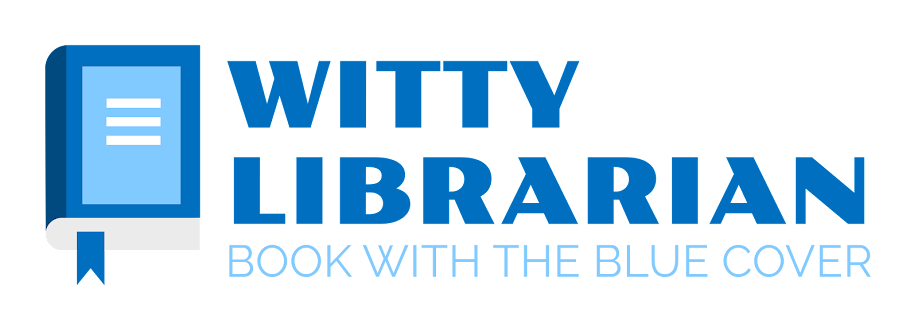Experience:
The Virtual Librarian must have some experience (at least six months) providing either traditional reference research assistance or online reference assistance. This would include reference desk or other public desk service, one-on-one research assistance, or classroom instruction on library services.
The Virtual Librarian also must have some experience with the use of the computer as a reference and research tool. This would include work experience with online research databases; creating or managing online resources such as websites; or contributing to any online project or discussions such as Blogs, Instant messaging, or Web Chats.
The Virtual Librarian's skills and abilities need to cover: Working within a wholly electronic workplace; Providing effective and timely virtual service to students, teachers, and fellow professionals; Conducting effective online research using all available resources, and to evaluate and narrow the results to best likely resources for the client; Teaching such research skills to students and teachers to provide the skills needed for them to self-evaluate their own research; Sharing and coordinating with other Virtual Librarians any research methods and tips to aid their work, as well as working with fellow librarians on any large-scale projects; Working comfortably with computers, and with an online environment that requires independent and self-dedicated performance.
Knowledge:
The Virtual Librarian must foremost have the knowledge of the Traditional Librarian: knowledge of references, of research methods, of tools of the trade. Such knowledge can be applied to the realm of the Virtual world with ease.
It is the knowledge of the Virtual world – the online, the Internet, the Web – that will matter. The Virtual Librarian must know what can be found online and must know how such information can be accessed, and must know a multitude of electronic-based sources and contents.
This requires that the Virtual Librarian stay apace with technological developments in the electronic, computer, library and communication worlds. The Virtual Librarian must maintain professionalism, knowledge, and skills relevant to librarianship at all times. The Virtual Librarian must be comfortable working in an environment of limited personal communication... and unlimited online communication.
Results:
The Virtual Librarian is pretty much a regular Reference Librarian... IN SPACE! Well, cyberspace, but still, wanted to place a link to TV Tropes here. ;-)
